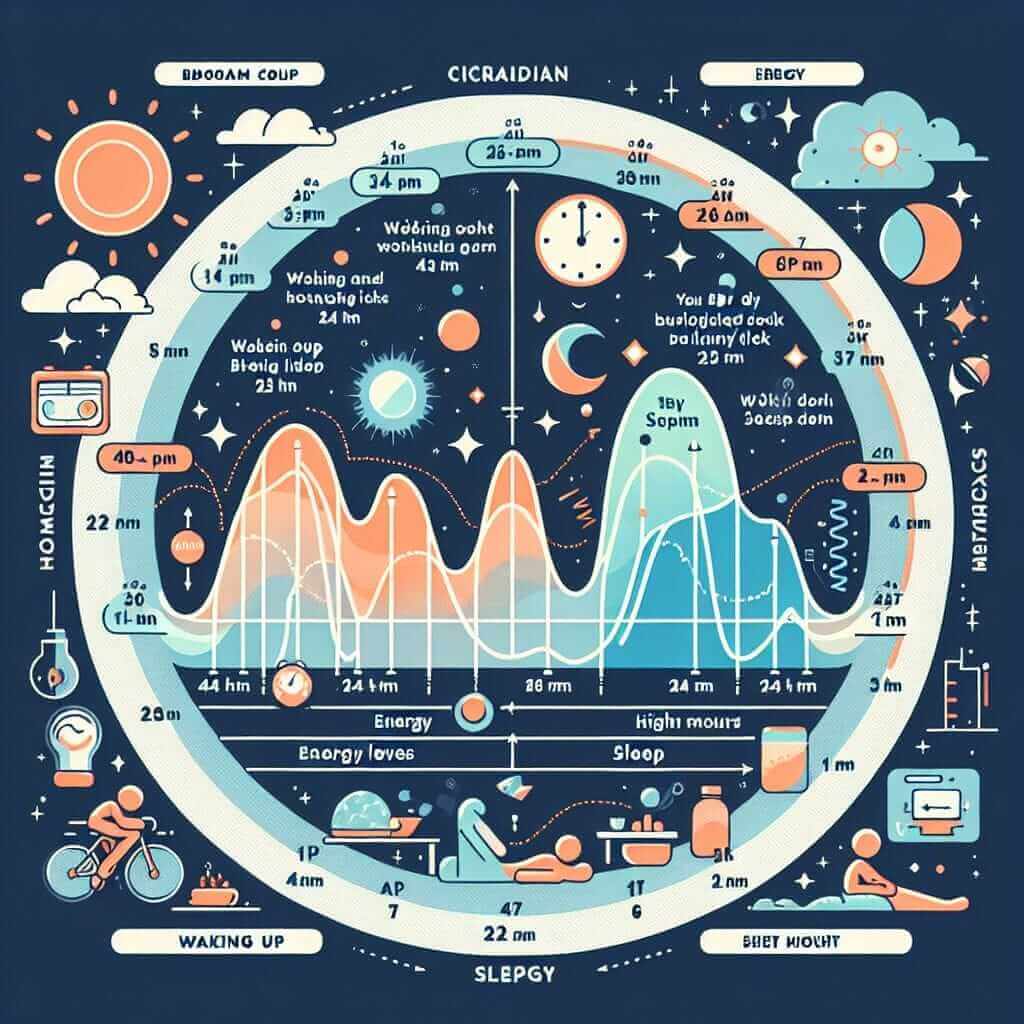The IELTS Speaking test often explores themes of time, routine, and personal habits. As a seasoned IELTS instructor with over two decades of experience, I’ve noticed a recurring fascination among students with the concept of the “biological clock.” While not a direct topic in itself, understanding how to discuss this theme effectively can significantly enhance your vocabulary and fluency in various sections of the Speaking test.
The Significance of the “Biological Clock” in IELTS
The term “biological clock” refers to our natural sleep-wake cycles and the internal mechanisms that regulate our bodily rhythms. While you won’t be tested on the science behind it, the IELTS exam assesses your ability to discuss personal experiences, habits, and opinions related to this theme. This could involve:
- Describing your daily routine: Talking about when you wake up, eat, work, and sleep, highlighting any patterns or changes.
- Discussing sleep habits: Explaining how much you sleep, factors affecting your sleep, and the importance of sleep for your well-being.
- Sharing opinions on work-life balance: Addressing the challenges of managing time, stress, and maintaining a healthy lifestyle.
- Talking about the impact of age: Reflecting on how your energy levels and daily routines have changed over time.

Mastering “Biological Clock” Vocabulary
To effectively discuss the “biological clock,” you need a strong vocabulary. Here’s a breakdown of useful terms:
General Terms:
- Circadian rhythm: Our natural, internal process that regulates the sleep-wake cycle.
- Body clock: A synonym for circadian rhythm.
- Early bird: A person who naturally wakes up early and feels most productive in the morning.
- Night owl: Someone who is naturally more alert and active at night.
- Jet lag: Tiredness and disorientation caused by traveling across different time zones.
- Sleep deprivation: A lack of sufficient sleep, leading to various health issues.
Describing Routines:
- Regular sleep-wake cycle: Going to bed and waking up around the same time each day.
- To stick to a routine: To maintain a consistent schedule.
- To throw off your sleep schedule: To disrupt your regular sleep pattern.
- Alertness: The state of being awake and attentive.
- Drowsiness: Feeling sleepy or tired.
Expressing Opinions:
- Crucial/Essential/Vital: Highlighting the importance of a good sleep routine.
- Detrimental/Harmful: Describing the negative effects of poor sleep.
- Productive/Efficient: Referring to times when you feel most focused and energetic.
Illustrative Examples from IELTS Speaking
Let’s look at how “biological clock” themes appear in potential IELTS questions:
Part 1:
- “What time do you usually wake up?”
- “Do you consider yourself a morning person or a night owl?”
- “How important is sleep to you?”
Part 2:
- “Describe a time when you had to adjust to a different time zone.”
- “Describe your daily routine and how it has changed over time.”
Part 3:
- “What are the advantages and disadvantages of being an early riser?”
- “How do you think technology has affected our sleep patterns?”
Tips for Success
- Practice using the vocabulary: Incorporate the words and phrases above into your daily conversations and practice responses.
- Focus on fluency: Speak naturally and avoid memorizing answers.
- Draw from personal experience: Use anecdotes to support your points and demonstrate your vocabulary in context.
- Be aware of your body language: Maintain eye contact, smile, and use gestures to enhance your communication.
Remember, the IELTS Speaking test is not just about what you say, but how you say it. By confidently incorporating “biological clock” vocabulary and themes into your responses, you can demonstrate a wider range of language and improve your overall band score.